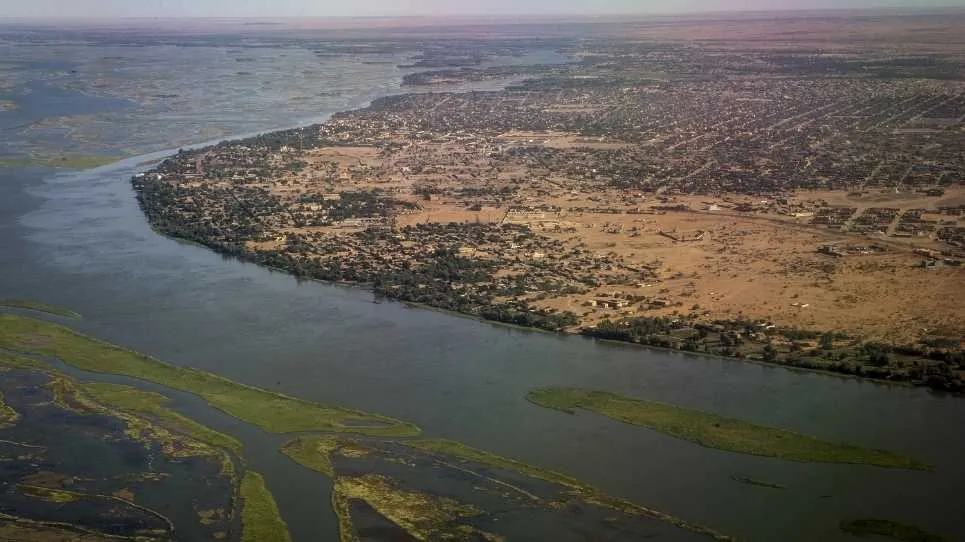Unravel the mysteries of the Niger River, Nigeria’s most important waterway.

The Niger River is the longest river in Nigeria, and it plays a vital role in the country’s history, culture, and economy. It is a source of water, food, transportation, and energy for millions of people.
In this blog post, we will explore the Niger River in depth. We will answer the following questions:
- What is the Niger River?
- Why is it important?
- When did it form?
We will also discuss the river’s impact on Nigerian society and culture.
What is the Niger River?
The Niger River is a major river in West Africa. It is the third-longest river in Africa, after the Nile and the Congo. The river is approximately 4,180 kilometers (2,600 miles) long, and it drains a basin of 2,117,700 square kilometers (817,600 square miles).
The Niger River originates in the Guinea Highlands in southeastern Guinea. It flows through Guinea, Mali, Niger, Benin, and Nigeria before emptying into the Gulf of Guinea.
The Niger River is a meandering river, meaning that it flows in a series of curves. The river is also a braided river, meaning that it splits into multiple channels as it flows through the Niger Delta.
Why is the Niger River important?
The Niger River is an important source of water for millions of people in Nigeria. The river is used for drinking, irrigation, and industrial purposes.
The Niger River is also an important source of food. The river supports a variety of fish species, which are a major source of protein for people in the region.
The Niger River is also an important transportation route. The river is used for shipping goods and people.
The Niger River is also a source of hydroelectric power. The river supports several hydroelectric dams, which generate electricity for millions of people in Nigeria.
When did the Niger River form?
The Niger River is thought to have formed about 20 million years ago. The river was formed by the uplift of the African Plate.
The Niger River has changed course over time. The river’s current course is thought to have been established about 5 million years ago.
Conclusions
The Niger River is a vital resource for Nigeria. The river provides water, food, transportation, and energy for millions of people. The river is also an important part of Nigerian history and culture.
Recommendations
If you are interested in learning more about the Niger River, there are several resources available. The following are a few suggestions:
- The Niger River Basin Authority (NRBA) website provides information about the river’s hydrology, ecology, and management.
- The Niger Delta Development Commission (NDDC) website provides information about the Niger Delta region, including the river.
- The National Geographic website has a number of articles and videos about the Niger River.
Find this and many more knowledge guides on Monkicon